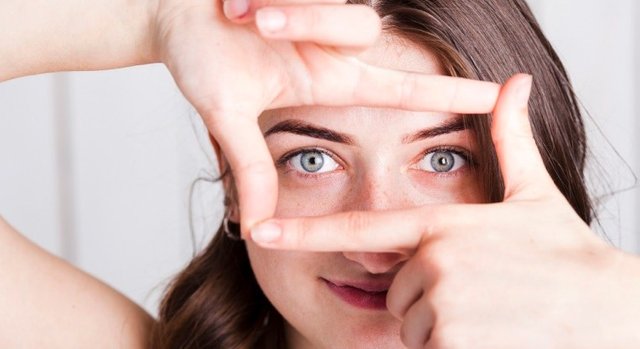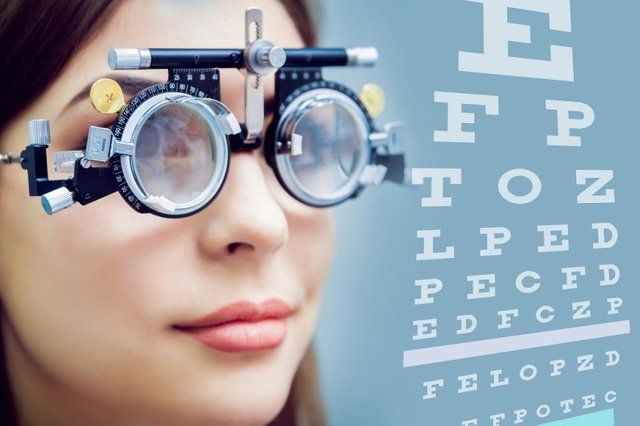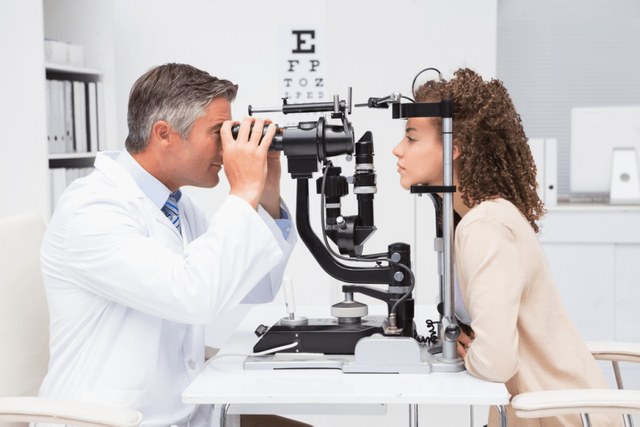
In simple words, the various forms of treatments that are offered while treating the conditions and complexions occurred in the vision zone are commonly known as eye tests.
These tests differ from diagnostic tests because in these cases, the prime responsibility of detecting a disease lies in the physician himself.
Depending upon the nature of complexions and other factors, doctors prefer to segregate the treatment into various sub-sections.
■Vision Screening
Now vision screening involves some consecutive tests in order to find out the exact nature of a disease or the condition. Vision screening is a pure form of eye tests. It has nothing to do with diagnosis, but it is able to make the doctor about the existence of a condition that needs reconsideration.
While Performing Vision Screening, The Following Things Are Needed To Consider
•How well your eyes are reacting to light?
•How clear you can see from a measured distance?
•How well your pair of eyes coordinate with each other?
•Whether you are able to distinguish colors or not.
A more comprehensive vision test is carried in cases where the vision test uncovers any potential problem.
■Comprehensive Vision Test
These tests form an advanced level eye test. They definitely take into account the wider ranges of personal health factors.
The Principal Areas Of Concern Include:
•Your health and medication history.
•Your vision history.
•What your eye and its parts look like physically?
•How sharp your vision is at near and far distances?
•How well you see to the side when looking ahead?

■Signs That Might Induce You To Get An Eye Test Done
There are some predictive symptoms that offer a signature for conditions that would make you think about taking an eye test. These conditions might include;
•Having a blurred vision
•When you observe some “floaters” or little small shapes of varying sizes and colors in front of the eyes.
•Do not neglect this as this could be the sign of a serious issue with your eyes.
•While your eyes have become dry, itchy or red.
•Your vision is worsening at near or far ranges.
•If you feel that your eyes feel tired or strained and this happens within the small frequency.
•You find yourself often squinting.
•Your eyes become sensitive to light.
■Frequency Of Getting An Eye Test
Hence, for people enjoying normal vision, eye tests are also required by them but there should be no haste. A periodical check-up is as good for eyes as it is mandatory to keep an eye over normal hygiene. There are some rules about this as is observed by the Optometrists Association of Australia:
A. Children:
OAA advises that children are required to check their vision at the turn of every crucial stage. These checking are recommended at:
•At age three.
•Before the start of schooling at the age of four or five.
•Before turning to the age of seven or eight.
•While they are going to terminate the high school years.
B. Adults:
•People between the age of 18 and 64 should get an eye test every two years.
C. Senior People:
People over the age of 65 should consult the eye specialist once a year.
All the instructions made in the above are mandatory.

People having risks of issues in eyes should visit the doctor one in a year or as recommended by their doctors.
The following people are considered at risk:
•People having eye disease in their family.
•People with eye surgery experience.
•Diabetic People are prone.
•People who are required to take certain medications affecting vision.
These eye tests are conducted under the supervision of an optometrist, ophthalmologist. Both kinds of these professional people are qualified doctors. Therefore, they are authorized to diagnose vision problems and prescribe corrective measures like suggesting lenses. They might conduct a more thorough investigation by using more advanced technology.